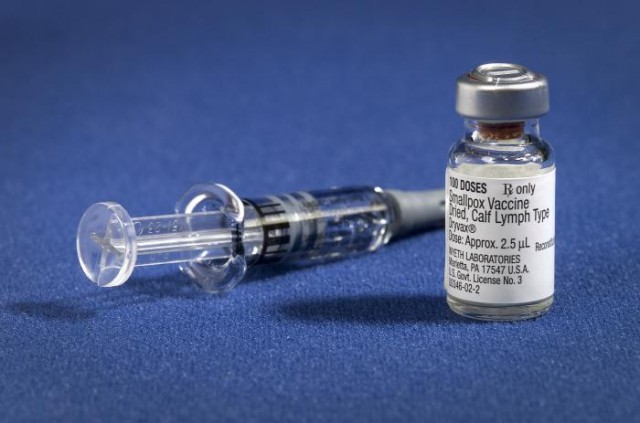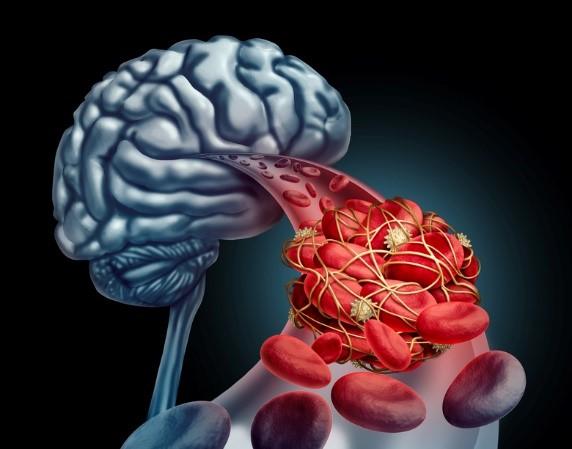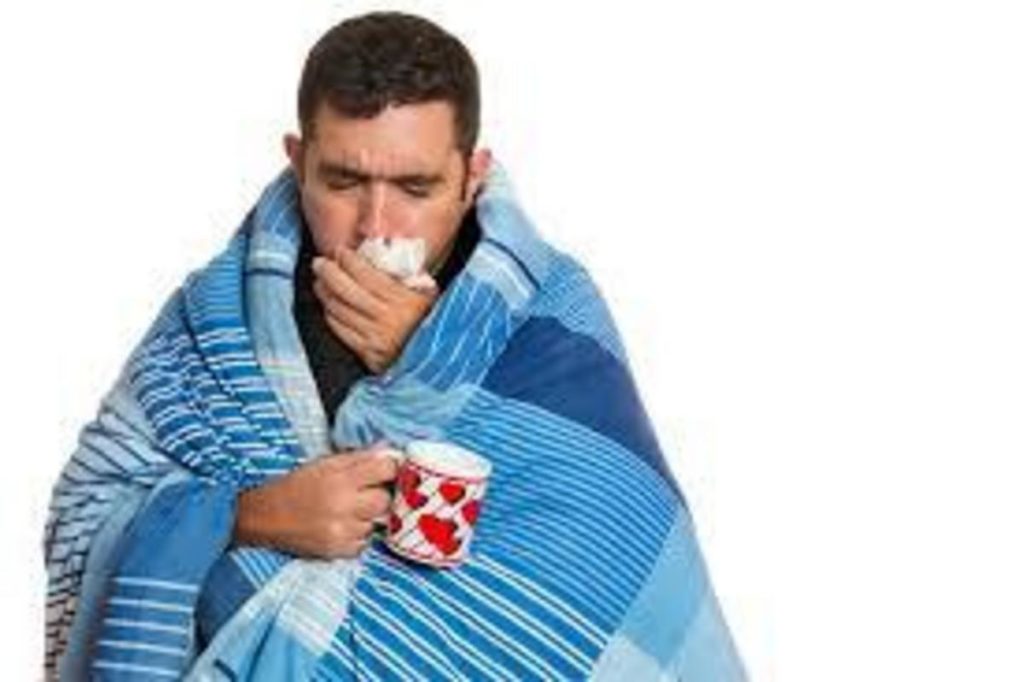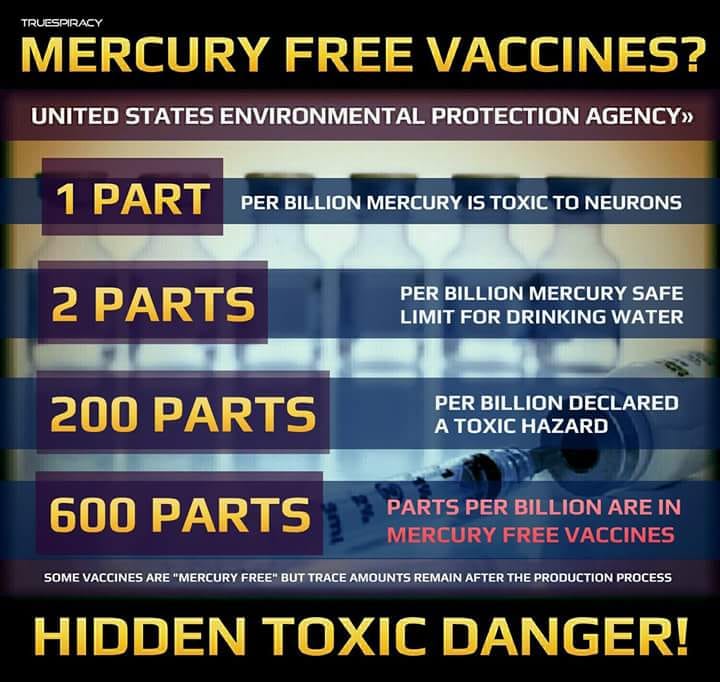
Isn’t this just a GREAT idea? Imagine what a world we would have if a generation of kids grew up confident, competent, intelligent, compassionate and sane?

Tom's Blog on Life and Livingness

Isn’t this just a GREAT idea? Imagine what a world we would have if a generation of kids grew up confident, competent, intelligent, compassionate and sane?

I have had the occasional person ask me about handling cholesterol without statins. For obvious reasons. Statins are more dangerous than cholesterol! As a matter of fact, cholesterol is not even dangerous! There has never been a study that linked cholesterol to higher risk of heart attack or stoike and people over 60 with low cholesterol have a highr risk of dying from heart disease than those with high cholesterol! Nevertheless, arterial health is highly desirable so this is worth reading.
And if US$70 a month for another supplement is a tad more than you want to spend, check out your green grocer for some bergamot!

According to Merck scientists serving as whistleblowers on research fraud regarding the MMR vaccine from over a decade ago, the FDA’s approval of the vaccine was not only based on false information, but it also caused an outbreak of Measles in 2006. The vaccine was reportedly tested against phony laboratory strains of viruses instead of being tested against those that are floating around in the real world. Is this fraudulent behavior from Big Pharma?

A friend called Carl writes:
I’m going to have my say about DRUGS and testing them to make it “safer” for users at music events.
Un-friend me if you want; try and argue with me if your have to. But, I’ve seen the effects drugs have on people, throughly, from both sides of the fence.
Back in the day I took a LOT of drugs. Many of you would be surprised by this. When I quit I spent years helping many people get off them and detox on a full-time basis.
So, I consider myself very well experienced and knowledgeable in the area.
The pills some people are wanting to test are made of chemicals, fundamentally they are poisonous. Just because they are tested and passed by some “arbitrary” standard doesn’t mean they aren’t harmful.
Overdosing can happen to anyone at anytime. An overdose is caused by the bodies system (the kidneys) releasing too much of the chemical into the body’s system rather than detoxifying and expelling it from the body. This can happen to a long time user or a first time user.
It really has nothing to do with the “quality” of the drug; it has to do with how the individuals body copes with the poison. The affects a person feels, aka the “high” is caused by poisoning the body.
What’s really needed is EDUCATION.
Those calling for drug testing are uneducated and quite frankly irresponsible—not unlike the makers and dealers themselves.
Proper education is what’s needed. When that’s in place the DRUG USE WILL DROP to the point that only those interested in either killing themselves or killing others by supplying the poison will take them.
I understand and appreciate that some drugs are needed for medical reasons and I’m not opposed to them.

Sherry writes: Sadly, someone very special to me recently suffered a stroke and is now undergoing surgery…so I was inspired to raise awareness here. https://www.holisticblends.com/blogs/holistic-blends-blog/avoid-the-leading-cause-of-lifelong-disability

A new analysis from the peer-reviewed scientific journal Environmental Sciences Europe documents the diametrically different approaches the U.S. Environmental Protection Agency and the World Health Organization took when determining the cancer risk from exposure to Monsanto’s weedkiller glyphosate.
The report shows that the EPA ignored a large number of peer-reviewed independent studies that link glyphosate to cancer in humans, instead using research paid for by Monsanto to support the agency’s position that glyphosate is not carcinogenic.
In contrast, in 2015, after reviewing extensive U.S., Canadian and Swedish epidemiological studies on glyphosate’s human health effects, as well as research on laboratory animals, WHO’s International Agency for Research on Cancer, or IARC, classified the chemical as “probably carcinogenic to humans.”

Your best defense against today’s (and tomorrow’s) global health threats is a strong immune system. Yet, too many still remain uninformed about the best protocols to prevent illness and defeat diseases like autoimmune disorders, cancer, heart disease and the looming threat of “superbugs,” which are on pace to be MORE deadly than any other health condition.

(Just a preface from me. This is testing that was mandated to be done in the US but after a lengthy Freedom of Information request process, Robert F. Kennedy Jr got the appropriate government department to admit that the SAFETY TESTING HAS NEVER BEEN CONDUCTED!)
In December 2018, the Italian research company, Corvelva, released an explosive research paper. Vaxxter reported on their findings, exposing the ingredients in the vaccine Infanrix Hexa, the combination vaccine given to infants across Europe. Of course, the pro-vaccine machine immediately went into high gear, attacking and discrediting Corvelva’s testing methodologies. In response, Corvelva issued a technical report documenting their methods, declaring:
Protein detection is carried out using a standard approach using trypsin enzyme, a technique that has been internationally recognized for over 10 years. The peptides are then separated using chromatography and analyzed by mass spectrometry.
With this technology, there should be little doubt about the accuracy of their findings which concluded that Infanrix Hexa:
Has a molecular profile that is generally complex and largely unknown.
Contains protein contaminations with variable compositions that are not declared on the leaflet [package insert].
The entire Infanrix Hexa analysis can be found here in English.
Emboldened by these findings, researchers tested two more vaccines, Hexyon and Gardasil 9.
Hexyon – Hexacima
Hexyon is a six-in-one shot to vaccinate against diphtheria, tetanus and pertussis (DTaP), polio, hepatitis B and Haemophilus influenza b (Hib). It is called a six-in-one vaccine; however, 8 vaccine antigens are actually present because the polio vaccine has three antigens (three separate viruses). The vaccine, manufactured by a partnership between Sanofi Pasteur and MSD (Merck), was approved for use in 2013 in Western European Countries; simultaneously, it was approved for use in Eastern European countries under the brand name Hexacima. Here is the package insert.
Using the same methods used to analyze Infanrix Hexa, Hexyon was found to have 216 toxic chemicals and contaminants, of which 70% could not be identified. An additional 16 toxic residues were present and thought to be cross-contaminants from different vaccines, meaning, the machines were not thoroughly cleaned between production runs.
Researchers confirmed that all three of the DTaP toxoid antigens were present in Hexyon. However, they shockingly discovered that the antigens for hepatitis B, HiB and polioviruses 1, 2 and 3 were all missing. The entire analysis of Hexyon can be found here in English.
For those who trust that vaccines provide protection, how can Hexyon be “effective” when only 3 of the 8 stated antigens are present? Even more, how can Hexyon be called “safe” when it contains cross-contaminants and more than 150 compounds that cannot be identified in any chemical databases?
In December 2018, the FDA approved Vaxelis for use in American children from 6 weeks through 4 years of age (prior to the 5th birthday). This is the same vaccine (Hexyon) produced by the same manufacturers (Sanofi Pasteur and MSD). The FDA’s provisional approval letter to the manufacturers clearly states:
You must submit reports of biological product deviations under 21 CFR 600.14. You should identify and investigate all manufacturing deviations promptly, including those associated with processing, testing, packaging, labeling, storage, holding and distribution. If the deviation involves a distributed product, may affect the safety, purity, or potency of the product, and meets the other criteria in the regulation, you must submit a report on Form FDA 3486 to the Director, Office of Compliance and Biologics Quality.
Corvelva’s published findings regarding the contaminants and unidentifiable compounds need to be urgently submitted to the FDA and CBER so approval of Vaxelis can be reviewed and hopefully, withdrawn.
Gardasil 9
Even though Gardasil is not mandatory in Italy, the vaccine has been associated with a large number of serious injuries and even death in countries around the world, including the US. Gardasil, the vaccine promoted to prevent cervical cancer and venereal warts associated with human papillomaviruses (HPV), was approved for use in girls in 2006 and then approved for boys in 2009. The vaccine contained four antigens: HPV subtypes 6, 11, 16 and 18.
In 2014, the FDA approved Gardasil 9 for use in girls. The following year, it was approved for boys and in 2018, approval was granted to give Gardasil 9 to individuals up to 45 years of age. The new formulation added five HPV subtypes to the mix – 31, 33, 45, 52 and 58 – and increased the amount of aluminum in each injection from 250mcg to 500mcg.
Corvelva’s analysis of Gardasil 9 found:
Only 7 of 9 HPV antigens were present; subtypes 11 and 58 were not detected.
338 signals of chemical contaminants were detected, of which 78% were unknown.
10 chemical toxins, thought to be cross-contaminants from manufacturing of other vaccine production lines.
These findings again open questions about product compliance and clean manufacturing processes. The evidence should quickly be corroborated by other laboratories and if confirmed, reported immediately to the FDA, the European Commission on Vaccine Safety, the WHO, UNICEF, GAVI and corresponding bodies in all countries of the world.
If there is any doubt that vaccines may contain unknown, untested chemical contaminants, there can be no doubt that children must be protected from what is coming through that needle. A worldwide moratorium of the entire vaccination program must be implemented immediately until this investigation is concluded.

Specific respiratory microbiome communities may be linked to influenza susceptibility, according to a study published January 9, 2019 by Betsy Foxman from the University of Michigan, USA, and colleagues. Influenza virus, the causative agent of flu, primarily targets and infects the epithelial cells in the respiratory tract. The epithelial cells of the nose and throat are enveloped by complex bacterial communities, leading Foxman and colleagues to hypothesize that this respiratory microbiome might interact with the virus — and could play a role in the body’s defences against flu. In this study, 144 Nicaraguan households with a member identified as having influenza were enrolled between 2012 and 2014 and all household adults and children monitored for up to two weeks. Study staff visited each household five times, sampling the respiratory microbiomes of all household members as well as testing for influenza infection; participants also kept symptom diaries. Using statistical modeling, the authors were able to categorize each participant’s respiratory microbiome into one of five distinct community types at every visit, though approximately half of participants underwent changes in microbiome type between study visits. The authors could then compare participants’ microbiome types to the likelihood of their contracting flu. One of the five respiratory microbiome community types across age groups clearly demonstrated decreased susceptibility to the flu. This microbiome type was significantly less common in infants and young children, and when present also appeared less stable in these age groups compared to older children and adults. While the link between microbiome and influenza susceptibility was not shown to be causal in this study, the authors suggest that these microbiome differences might contribute to the increased influenza risk observed among young children. The authors note that the further work could examine whether the high degree of change to microbiome types seen in many participants represents normal variation among healthy individuals or a response to influenza exposure. Nonetheless, the authors believe this is the first human population study to indicate that your respiratory microbiome may affect your susceptibility to flu. https://www.nexusnewsfeed.com/article/climate-ecology/respiratory-microbiome-may-influence-your-susceptibility-to-flu/
